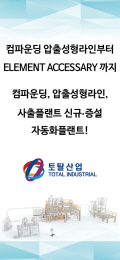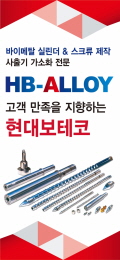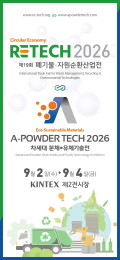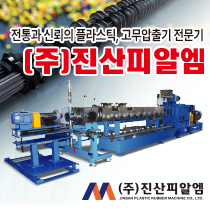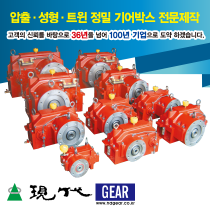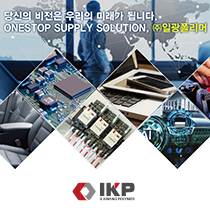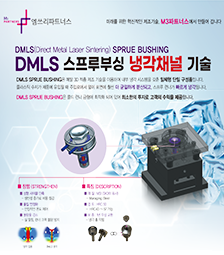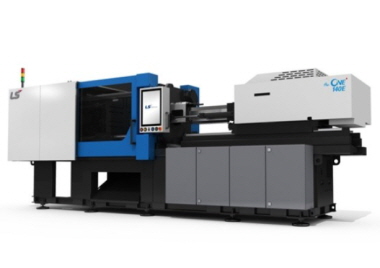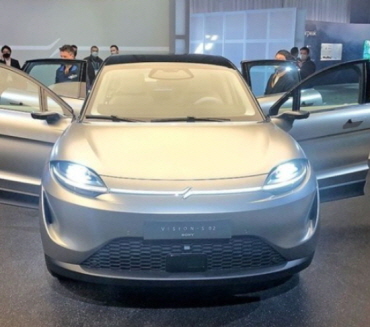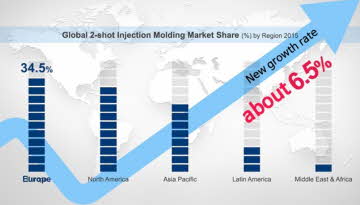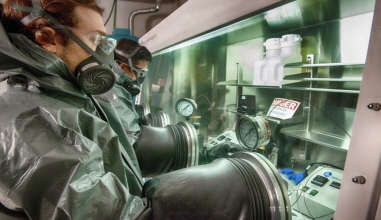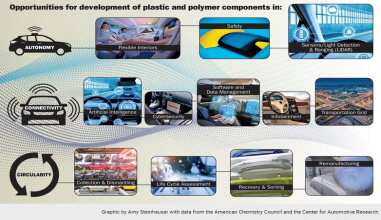Technology & solutions
Renewlogy Converting Landfill-Bound Plastics to Fuel
작성자 : Aeyoung Park
2018-08-31 |
조회 : 4653
- Capable of accepting mixed and dirty plastic feedstock, Renewlogy’s process results in low-sulfur fuel for a high-energy payback with zero toxic emissions

▲ Renewlogy’s recycling technology has a modular and small footprint,
allowing them to be co-located with plastic waste sites.
A recent study from the University of Georgia looked at the global impact of China’s ban on plastic waste imports. Since reporting began in 1992, China has accepted about 106 million metric tons of plastic waste, which accounts for nearly half of the world’s plastic waste imports. The study estimates about 111 million metric tons of plastic waste is going to be displaced because of the import ban through 2030.
Recycling centers across the country are having to cut back on the plastics that they accept. This means the recycling industry needs innovation now. And that’s where a company like Renewlogy comes in to play.
Renewlogy (formerly PK Clean) is an innovative business converting plastic waste back into fuel products. Priyanka Bakaya, CEO of Renewlogy, founded the company at MIT in 2011. Chemical recycling takes mixed plastics streams and contaminated streams and gives an opportunity to recycle it.
Renewlogy has made the process more economically viable compared to others in the plastics-to-oil market, she says. One way is through its continuous automated approach versus a batch process. Batch requires a cool down and reheating of the conversion system. But the continuous process maintains a consistent temperature. And factor in the automated approach, it can also reduce labor costs as well.
“Previously, companies were using a batch process, which wasn’t efficient,” Bakaya says. “From our origin, we developed a proprietary continuous automated approach, which makes it much more cost effective.”
The company’s demonstration facility in Salt Lake City is the first-of-its-kind designed to operate continuously in the U.S. at commercial scale. Renewlogy is capable of accepting mixed and dirty plastic feedstock. Renewlogy’s process results in low-sulfur fuel, high energy payback and zero toxic emissions.
The company’s business model is to build its Renewlogy systems at recycling facilities across the country. A new facility is under construction in Nova Scotia. And Renewlogy was recently awarded a grant from the Arizona Commerce Authority toward setting up a facility in Phoenix. The company plans to invest its grant directly into getting its Phoenix operations up and running at a facility that already processes waste. Because Renewlogy’s facilities have a modular and small footprint, they can be co-located with plastic waste sites.
“We’re working on a number of facilities that will be deployed over the next couple of years, Bakaya says. “Our hope is to keep up with demand and get as many out there as possible.”
Hefty EnergyBag Initiative
Due to the China restrictions, Boise, Idaho residents were told earlier this year that they no longer could put their plastic #3 through #7 in their recycling bin. But thanks to Dow and Keep America’ Beautiful Hefty EnergyBag campaign, residents are given an orange bag to collect these plastics. As part of the program, Renewlogy is the recipient of all the #3 through #7 plastics collected through the program in Boise. Renewlogy processes the materials into high value fuels. Other surrounding areas are looking to launch the program in their cities too.
Bakaya says the orange bags are delivered to the MRFs where they are loaded on a truck and sent to Renewlogy’s chemical recycling process.
“In terms of community involvement, it’s a lot higher than expected,” she says. “Residents are reading about the turbulence in recycling markets, so it gets them excited to be involved with a program like this that is part of the solution.”
Ocean Plastics
Renewlogy is also getting involved in helping with the ocean plastics crisis. “There’s been a lot of media attention around the problem with ocean plastics and companies are trying to figure out how to address this issue,” Bakaya says.
Renewlogy's ocean system is a small and mobile version of its large chemical recycling system, and is powered by solar energy. The systems target ocean-bound plastics in developing countries, and create incentives for local waste pickers to collect scrap plastics that otherwise have low value. The system can produce fuels such as diesel, as well as materials that serve as the building blocks to make new plastics. Renewlogy has partnered with non-profit Plastic Ocean Project, who have been using Renewlogy's conversion unit for converting marine plastic waste into fuel over the past few years.
“Once plastics are collected from the ocean, they are very difficult to recycle,” she says. “We developed our technology to find a solution for hard-to-recycle plastics, and it’s incredible to be able to convert these microplastics from the ocean into a clean fuel.” Renewlogy is currently rolling out its Renewlogy Oceans initiative in major rivers across the world, starting with the Ganges River in 2019.
Source: Plastics Technology

